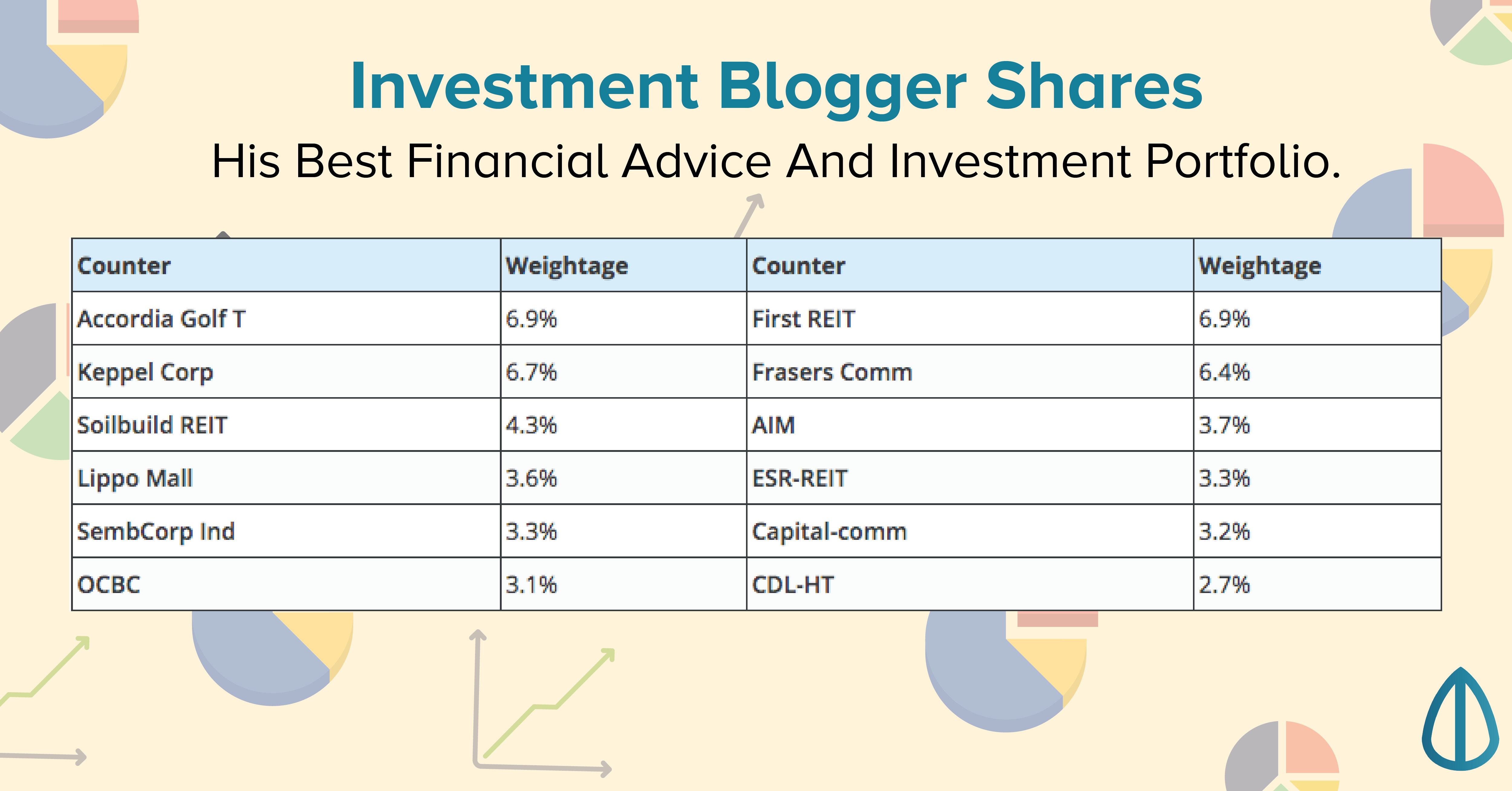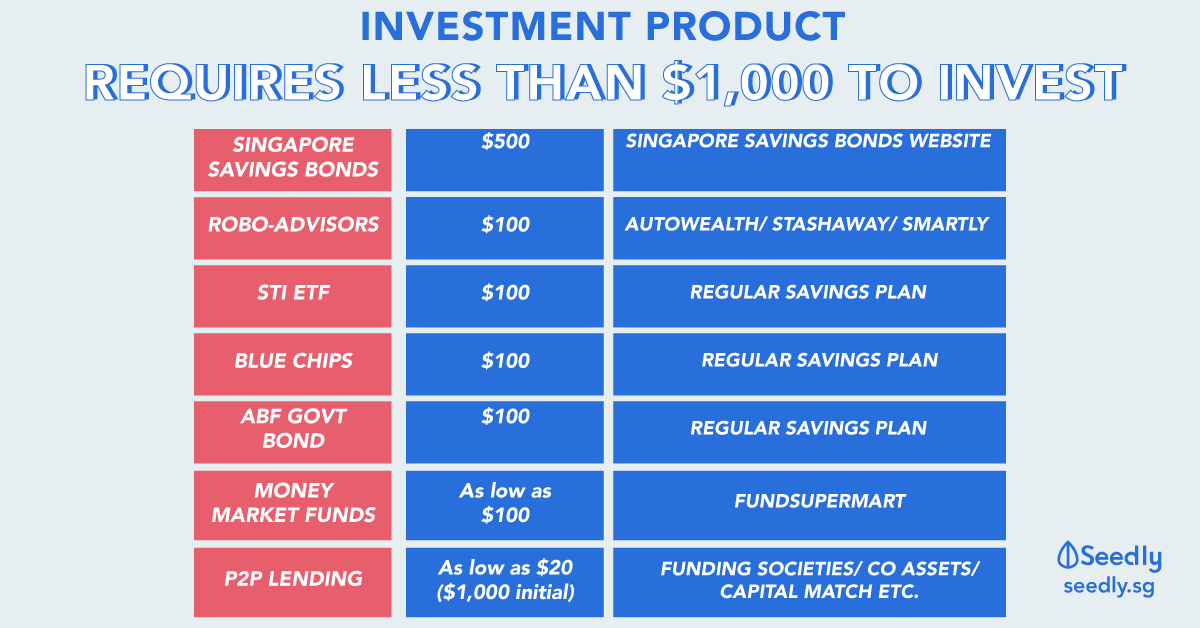Advertisement
Anonymous
I don't understand how the power of compounding would work in stocks. Or does it only apply in places where you gain interest and re-invest it?
Now I understand that compounding in powerful in a scenario where you’re getting paid interest on a loan kind of scenario. Your payments will grow exponentially as you keep getting interest on interest.
But in the stock market, where does compounding come into play? If I bought an index fund today at 100 dollars and 30 years from now the total index fund value is 100, well I earned nothing from it.
5
Discussion (5)
Learn how to style your text
Loh Tat Tian
07 Jun 2019
Founder at PolicyWoke (We Buy Insurance Policies)
Reply
Save
Dominique Lee
19 Nov 2018
BSc in Finance at Singapore University of Social Sciences
Buy an ETF that automatically reinvests the dividends such as IWDA or EIMI.
Reply
Save
When you buy index fund for $100 today, 30 years later it'll appreciate since the stocks themselves ...
Read 1 other comments with a Seedly account
You will also enjoy exclusive benefits and get access to members only features.
Sign up or login with an email here
Write your thoughts
Related Articles
Related Posts
Related Posts
Advertisement








You need to understand the rational behind stocks and shares and dividends. We could look at it in this way.
1) company stocks are the "fair market value". If a business do well, it appreciates in value e.g 5% increase in stock value. Next year, if business does even better, the "fair market value" increases, but maybe only at 4%. So total gains of 9.2% of 2 years ago. We term this at capital appreciation. This is your compounding interest in play (in terms of stock value).
2) stock is more complex because the value is derived from market value and business. Business can fail, so stock price can fall. Hence its is more riskier than just compounding interest from savings account. (since savings accounts are from banks mostly go to loans).
I hope this gives a much clearer or alternative picture to look at stocks and shares.